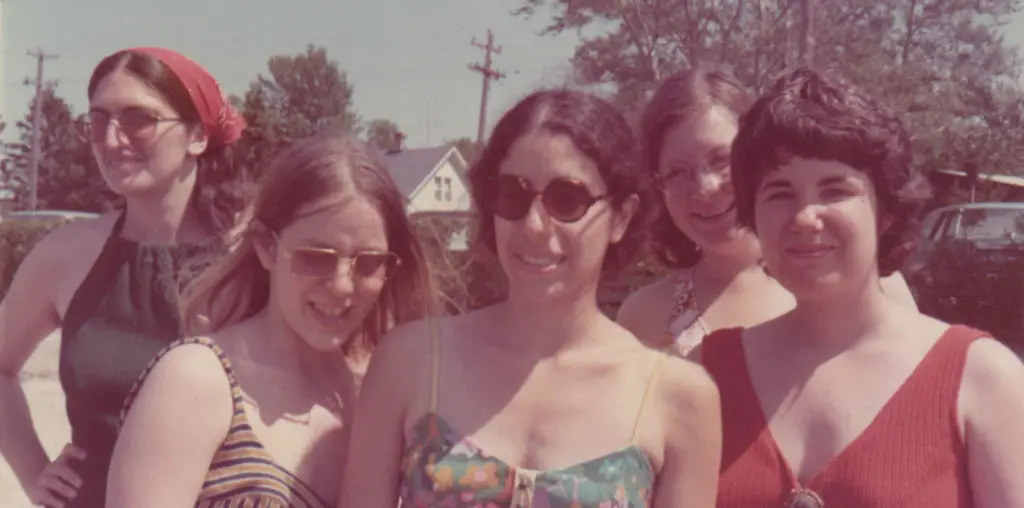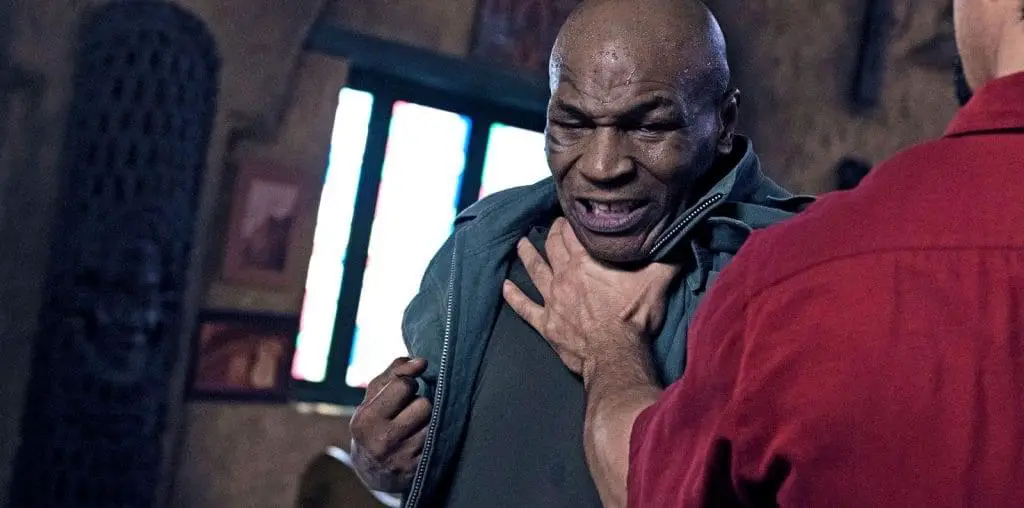
One of the great regrets on the side of the United States in World War II was that its delay in joining the war allowed far too many of the atrocities of the Holocaust to go by undeterred (or unrecognized). One of the only good things to come out of World War II was the pledge by seemingly everyone that said atrocities of the Holocaust would never happen again, to anyone, anywhere. Ask anyone the question, “if you knew that genocide or concentration camps were rampant today, do you think they should be stopped?” and most people would answer that, yes, they should be stopped. The same people would probably then follow-up with something along the lines of “good thing those things aren’t happening anymore.”
And yet, those things are happening again, and in different parts of the world. While John and Jane Everyperson may not know 100% the horrors going on in the Sudan, it’s pretty clear to the rest of the educated masses, or more particular the supposedly very informed governments of the world, that nothing short of genocide has been actively going on unabated for a long time. Upon the viewing of this documentary, “Yodok Stories,” I was confronted with the information that North Korea still operates numerous concentration camps, just as nefarious as anything out of the Nazi regime, unabated too.
I know it seems a bit odd to go this far into a film’s review and still not touch on how I felt about the film or even what the film’s story is, but I feel it is important to, quite simply and blatantly state, that there are active concentration camps operating in North Korea today, that there is genocide going on in the world and that no one seems to be upholding their pledge to do anything about it. It is immoral and inhuman that such events even occur, and worse so that the knowledge of them is out there enough for someone like me to know about it. Someone like me without the resources to do much but get angry and shout on the only public forum that I have that something needs to be done!
“Yodok Stories” is unique in that, very early on, we are informed that the objective nature strived for by most documentarians may exist in its use of participants, but not in the intent of its existence. “Yodok Stories” is, quite simply, a documentary crafted by a documentarian, eager to get information out to the world but unable to do so directly, instead relying on others to take the steps that can then be documented and shared. Early on, at least while we do not see director Andrzej Fidyk, he states his objective and participation before going about convincing his friend, defected North Korean theater director, and former North Korean concentration camp prisoner, Jung Sung San, to do a play about the camps which Fidyk can then document the production of. In this way, Fidyk is able to get information out about the camps that otherwise would not be forthcoming had he represented the film upfront as a documentary about them as opposed to a documentary about a play about them. The ethics of this practice can, and should be, debated, as it’s a clear case of the ends attempting to justify the means, and there is a crafty, subtle dishonesty at play that, while explained at first, doesn’t mean it’s to be ignored when judging the value of the film. One must ask oneself whether the ends do justify the means and, for me, this tactic is to perhaps not be excused, but should not take away entirely from the fact that, without this documentary’s existence, I and many others would likely not be informed at all about concentration camps in North Korea.
And the information that comes through is heartbreaking and appalling. As the play’s production unfolds, numerous former prisoners, and even some former prison guards, are brought in to testify to and work towards the authenticity of the images portrayed in the play. In this way we get personal accounts from a wide spread of people, all confirming the brutal existence, and common day-to-day tortures and abuses in a North Korean Kwan-Li-So, or political concentration camp.
Oh, and don’t let the use of “political” sway you into thinking these prisoners are agitators, protesters or people actively against North Korea. Finding yourself in a camp could be for reasons as nefarious as commenting on Kim Jong Il’s outfit, or even being related to someone who has been placed in a camp. See, the rule in North Korea is on a Biblical scale in that it’s not enough to punish one person, one must also punish that person’s families. Therefore, children, parents, grandparents and other relatives are all game for imprisonment should anyone in the family find themselves unlucky enough to be imprisoned. And that’s why between 200,000-300,000 North Koreans find themselves in camps, to this day.
This widespread punishment also keeps people in line either through direct pain and abuse, as for those in camps, or towards the fear of doing something that gets your loved ones killed. While many people in the film are open about the camps, even more dare not say anything lest their families back in North Korea be targeted. Of course, sadly, most of those open and direct about the camps in the film are also those who have lost everything they had, including their families, and have nothing left in life to fear.
And it is that honesty, and Jung Sung San’s skill as a director, that leads to the creation of an amazing play. Bits and pieces of the final production are cut throughout the film and those artistic interpretations are just as powerful and moving, if not moreso, than the more obvious and stated conversational explanations. To that end, documentary filmmaker Fidyk’s move to convince Jung Sung San to make the play appears more than just a selfish one of getting a documentary made, and instead is transformed into a cathartic experience for many more people than just those involved in the production, when said play finally starts getting performances in South Korea. Again, debate the documentary ethics behind the creation of this film, but the overall value of the film, in the end, cannot be dismissed.
This movie will, and should, break your heart. It should piss you off. It should also move you to action, though I confess to not knowing what more can be done beyond spreading the word of the camps and hoping that, when the knowledge is out there and clear enough, that someone somewhere will be able to stand up and make a true, concrete difference. To that end, I cannot recommend this film enough to any and everyone. Humanity is ugly, and only through confronting that ugliness and recognizing it are we able to progress beyond it. People need to know, and they need to see “Yodok Stories.”

